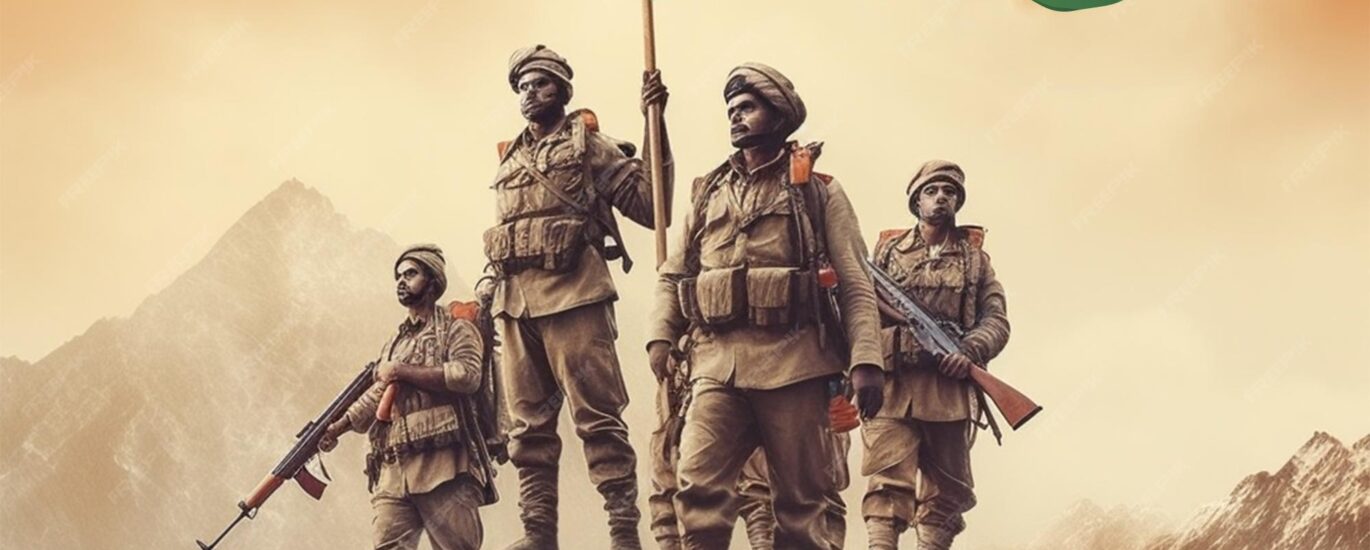The tragic terrorist attack in Pahalgam, Jammu and Kashmir, on April 22, 2025, which resulted in the deaths of 26 individuals, primarily Hindu tourists, has prompted a swift and resolute diplomatic response from the Indian government. The attack, claimed by The Resistance Front—a Pakistan-based militant group alleged to be a proxy of Lashkar-e-Taiba—has reignited tensions between India and Pakistan and has led India to take significant diplomatic and strategic measures.
Immediate Diplomatic Actions
In the aftermath of the attack, the Indian government convened a high-level meeting of the Cabinet Committee on Security (CCS), chaired by Prime Minister Narendra Modi. The meeting included key officials such as National Security Advisor Ajit Doval, External Affairs Minister S. Jaishankar, and Foreign Secretary Vikram Misri. During this meeting, the government decided on several decisive actions to hold Pakistan accountable for its alleged support of cross-border terrorism.
These actions included:
- Declaring Pakistani military and defense advisors in the Indian High Commission in New Delhi as persona non grata, requiring them to leave India within a week.
- Recalling Indian defense, naval, and air advisors from the Indian High Commission in Islamabad, effectively annulling these positions.
- Suspending the Indus Waters Treaty with Pakistan until it ceases its support for cross-border terrorism.
- Revoking the SAARC Visa Exemption Scheme (SVES) for Pakistani nationals, with immediate effect, and mandating the departure of those currently in India under this scheme within 48 hours.
- Closing the Integrated Check Post at Attari/Wagah border and reducing the overall strength of the High Commissions in both countries to 30 personnel each.
These measures underscore India’s commitment to isolating Pakistan diplomatically and sending a clear message regarding its stance on terrorism.
Engagement with the International Community
Recognizing the global implications of the attack, the Indian Ministry of External Affairs (MEA) briefed ambassadors from several countries, including the United States, China, Russia, the United Kingdom, and Canada, about the situation and India’s response. This diplomatic outreach aimed to garner international support and understanding for India’s position.
Additionally, Union Home Minister Amit Shah and External Affairs Minister S. Jaishankar met with President Droupadi Murmu to discuss the national security implications of the attack and the government’s response. This meeting reflects the seriousness with which the Indian leadership is treating the situation.
Strategic Military and Security Measures
On the military front, India has granted its armed forces full operational freedom to determine the response’s mode, targets, and timing. Defense Minister Rajnath Singh emphasized that the perpetrators and their sponsors would be held accountable, stating, “We will also reach out to those who, sitting behind the scenes, have conspired to carry out the nefarious act on the soil of India.”
In the days following the attack, security forces launched extensive operations in the Pahalgam region, including aerial surveillance and ground operations, to track down the perpetrators. The government has also increased security measures across sensitive areas in Jammu and Kashmir to prevent further incidents.
International Reactions and Calls for De-escalation
The attack has drawn strong condemnation from global leaders, who have expressed their solidarity with India. However, Pakistan has denied any involvement and called for a neutral investigation into the incident. Tensions have escalated, with both countries taking retaliatory measures. India suspended the Indus Waters Treaty, while Pakistan closed its airspace to Indian airlines. Cross-border gunfire has intensified along the Line of Control, and both nations remain on high alert.
The United Nations and the United States have urged both nations to de-escalate and engage in dialogue to prevent further conflict. The international community continues to monitor the situation closely, hoping for a peaceful resolution to the crisis.
The Pahalgam terror attack has not only resulted in a tragic loss of life but has also strained diplomatic relations between India and Pakistan. India’s swift and firm response reflects its commitment to combating terrorism and ensuring the safety of its citizens. As the situation continues to unfold, the international community watches closely, hoping for a resolution that prioritizes peace and stability in the region.









